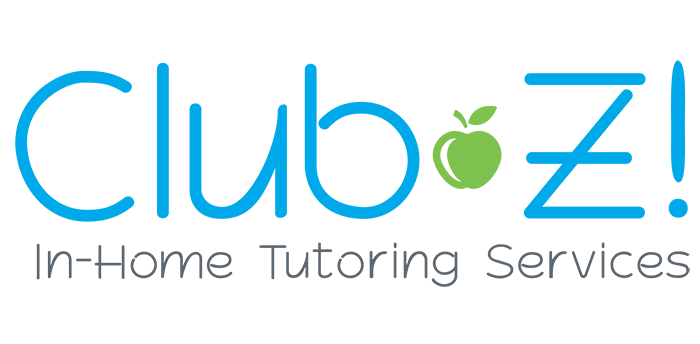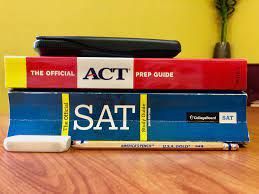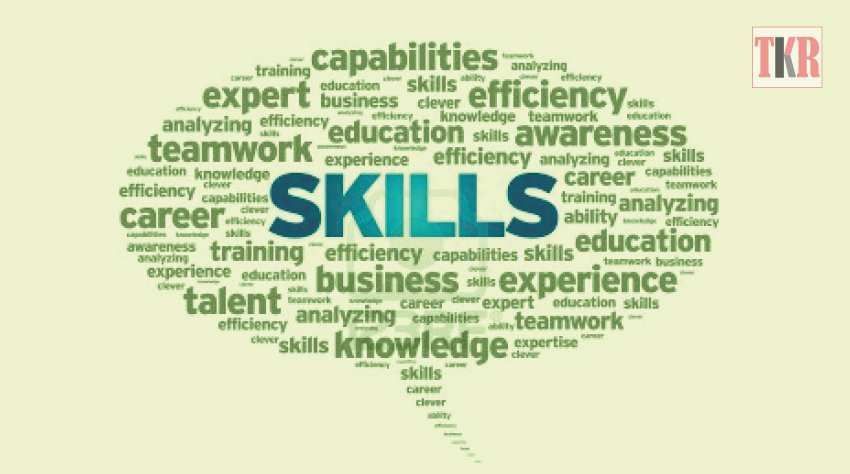Providing High Quality Tutoring to Students of Northbrook & Glenview, Illinois
We Appreciate Being 5 Star Rated by Our Clients!
Blog Layout
The Importance of Reading Fluency and Comprehension
Bill Balatsos • May 07, 2021
at what age should my child be a fluent reader?
Reading provides benefits throughout life. It improves vocabulary, cognitive skills, critical thinking, memory, confidence, concentration, writing skills, analysis skills, and the list goes on. Look up the importance of reading, and you will find exhaustive lists supporting the benefits of reading and its role in academic success. Yet, millions of students are not proficient readers by the end of third grade. We need our children reading at a proficient level and with fluency to ensure their success in school and life.
Reading will help improve vocabulary, grammar, and writing skills. When children encounter a new word they do not know, they will ask or try to decode it through context clues. Grammar improves since students see how the author constructs sentences, and they learn how to follow punctuation. Improved vocabulary and grammar naturally improve writing skills. They begin to understand how to create paragraphs and communicate ideas.
In addition to improving lifelong academic skills, reading proficiently will also help children develop cognitively. Cognitive development involves how we see and perceive the world around us. When we read to children, it helps them imagine the world around them. They develop background knowledge, which helps them make sense of what they experience each day.
When children read on their own, their ability only deepens, and they begin to make connections about what they read to what they hear and see. They also begin understanding more about places that they’ve never visited. Reading takes children to cities and countries they’ve never been. They meet people who face challenges they’ve never experienced, so reading helps to create a deeper understanding of humanity. It helps children understand the world beyond their own bubble.
Reading also helps develop empathy and build relationships. When students read stories, they put themselves in the characters’ situations. They learn more about emotions and how to respond to the world around them. When a child experiences a regular routine of reading with a parent, their relationship deepens. They share ideas about the stories they read, and the decisions characters make. The attention is comforting and supports the child’s overall wellbeing. And, when children are able to read to the parent and no longer rely on being read to, they develop a sense of independence. This independence also helps with their self-confidence. Ultimately, they begin to see the world through their own perspective.
Yet, these benefits from reading can only be achieved if the child is able to comprehend what they read.
Fluency goes beyond decoding words. It requires students to comprehend the text on a deeper level. When children are fluent readers, they read with expression. They correctly decode punctuation and understand the tone of a passage. As they read out loud, their voice and flow coincide with what they are reading, so if a passage reflects a solemn tone, they read with an expression that matches that tone.
As children grow, assignments and textbooks after third grade begin to change and become more complex. Students are required to read more nonfiction and must go beyond word recognition. The reading in 4th grade requires students to draw conclusions, evaluate, and think critically. If they are only reading at a basic level and not interpreting the text, they will soon find themselves struggling to keep up, which will eventually lead them to fall behind.
In Creating Fluent Readers
by Timothy Rasinski, improving fluency requires both listening and practicing. Reading to students as they follow along will let them hear what fluent reading sounds like. Pairing weaker readers with more fluent ones is another strategy that will help students hear fluency. However, listening helps but more must be done to create a fluent reader.
To help with fluency, encourage children to read the same passage out loud at least three times. According to the National Reading Panel, “...repeated readings lead not only to improvement in reading the passage but also to improvement in decoding, reading rate, and comprehension of passages.” Another strategy to help with fluency is to allow children to silently follow along as an adult or fluent reader reads aloud. This practice can be done with poetry, riddles, speeches, and jokes along with stories. A variety of texts helps develop reading fluency.
Clearly, reading is important, and it is difficult to even imagine a world where you are unable to read. From reading recipes to books, the ability to read enhances life experiences. Also, reading fluency is an important factor in reading success. If we are truly committed to helping children succeed in school and life, then schools, teachers, parents, and communities need to create a reading environment where children witness and participate in reading activities. Fluency needs to be a part of this commitment to our children, so they can truly experience the joy of reading and reap the lifelong benefits.
Contact Information
Club Z! In-Home & Online Tutoring of Glenbrook
Phone: By Appointment Only
Email: bbalatsos@clubztutoring.com
Business Hours:
- Mon - Fri
- Appointment Only
- Sat - Sun
- Closed




SERVING THESE Cities
Northbrook
Glenview

Content, including images, displayed on this website is protected by copyright laws. Downloading, republication, retransmission or reproduction of content on this website is strictly prohibited. Terms of Use
| Privacy Policy












